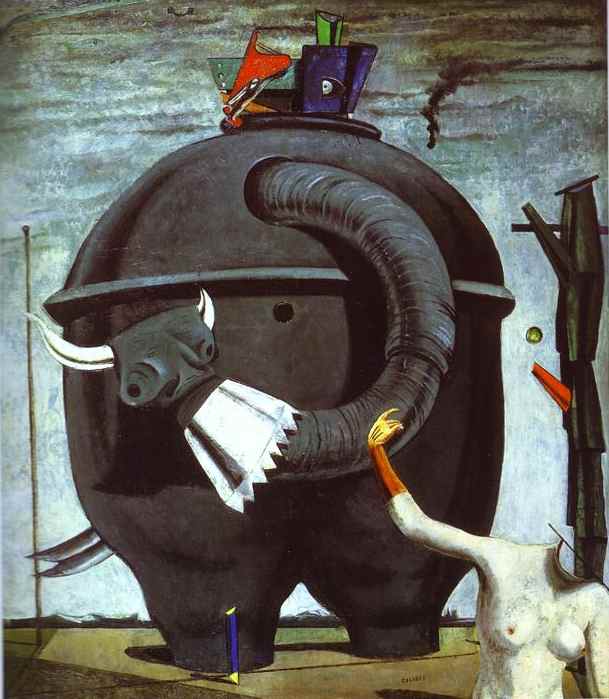I spend a lot of time talking about the dangers of vilifying the other side, and that makes it a tricky proposition to criticize without being hypocritical. This is tricky both in terms of perception (I don’t want to look like a jerk), but in a more important way it’s challenging to try and strike a balance between being genuinely open and fair to ideas you disagree with while still maintaining the ability to have an opinion. I believe that it’s possible to have epistemic humility about your politics without pretending that all opinions are equally valid.
But it’s a tightrope.
With that in mind, I can’t help but observe that a lot of liberal commentary about gun control seems to bear out the conservative accusation that liberals are elitist. Here are some examples:
- Senator Dianne Feinstein is leading the charge for a new assault weapons ban. Her proposal would ban large swathes of current guns and accessories, including the standard-issue magazines for virtually every modern handgun sold. (Her bill puts the limit at 10, most handgun magazines have about 15.) And yet, Dianne Feinstein is a concealed carry permit holder, and I have little doubt that the gun she carries would violate her own law.
- Michael Moore says “calm down, white people, and put away your guns,” but the bodyguards he employs carry guns. In 2005 one was arrested for carrying an unlicensed firearm at JFK.
- David Gregory wants us to know how scary high-capacity magazines are, so he waved one in front the NRA’s Wayne Lapierre. Trouble is: that high-capacity magazine is already banned in Washington DC, and so Gregory was breaking the law and, as it turns out, the DC cops had already warned him about that.
- Then there was the New York paper that decided to publish a map with the names and home addresses of all the concealed carry permit holders in their area, and yet seemed surprised when a blogger responded by publishing the names and home addresses of all the employees of the paper on his blog.
I understand that these cases are not all necessarily cut-and-dry hypocrisy. Prominent figures like senators and famous movie makers attract more attention and are possibly more at risk than an average member of the public. David Gregory may have possessed a high-capacity magazine, but he didn’t even own a gun to go with it so clearly he wasn’t a threat to anyone. And some of the employees whose addresses were published had absolutely nothing to do with the story about where the permit holders live.
But at the same time, there’s real substance to each of these problems. Prominent people may or may not be in danger (I don’t know the statistics), but it seems unfair that they should have recourse to self-defense that the rest of us do not when, after all, even ordinary citizens get death threats. In fact, I purchased my first gun in direct response to a death threat made against my wife. We called the cops and they came over and listened to the message, but it’s not like they have either the manpower or the legal obligation to protect every individual citizen who receives a death threat.
And sure, Gregory didn’t want to use the high capacity magazine for any purpose, but he is subject to laws just like the rest of us. I disagree with a lot of gun control laws, but I’ve never taken my high capacity magazines where they are legally prohibited just to make a point. I’ve actually never felt the inclination to do so, but even if I did I would certainly not expect to be held immune from the law because I don’t think it was intended to cover my specific case.
On a philosophical level, I think there really is something to the idea that liberal ideas are–all else being equal–intrinsically more seductive to those who consider themselves to be superior to the general public. This is why, I believe, Hollywood and Harvard are so overwhelmingly liberal. Laws that tell people who to conduct themselves are far more palatable when you believe that they are written by the enlightened for the governance of the ignorant and, of course, that you are enlightened.

